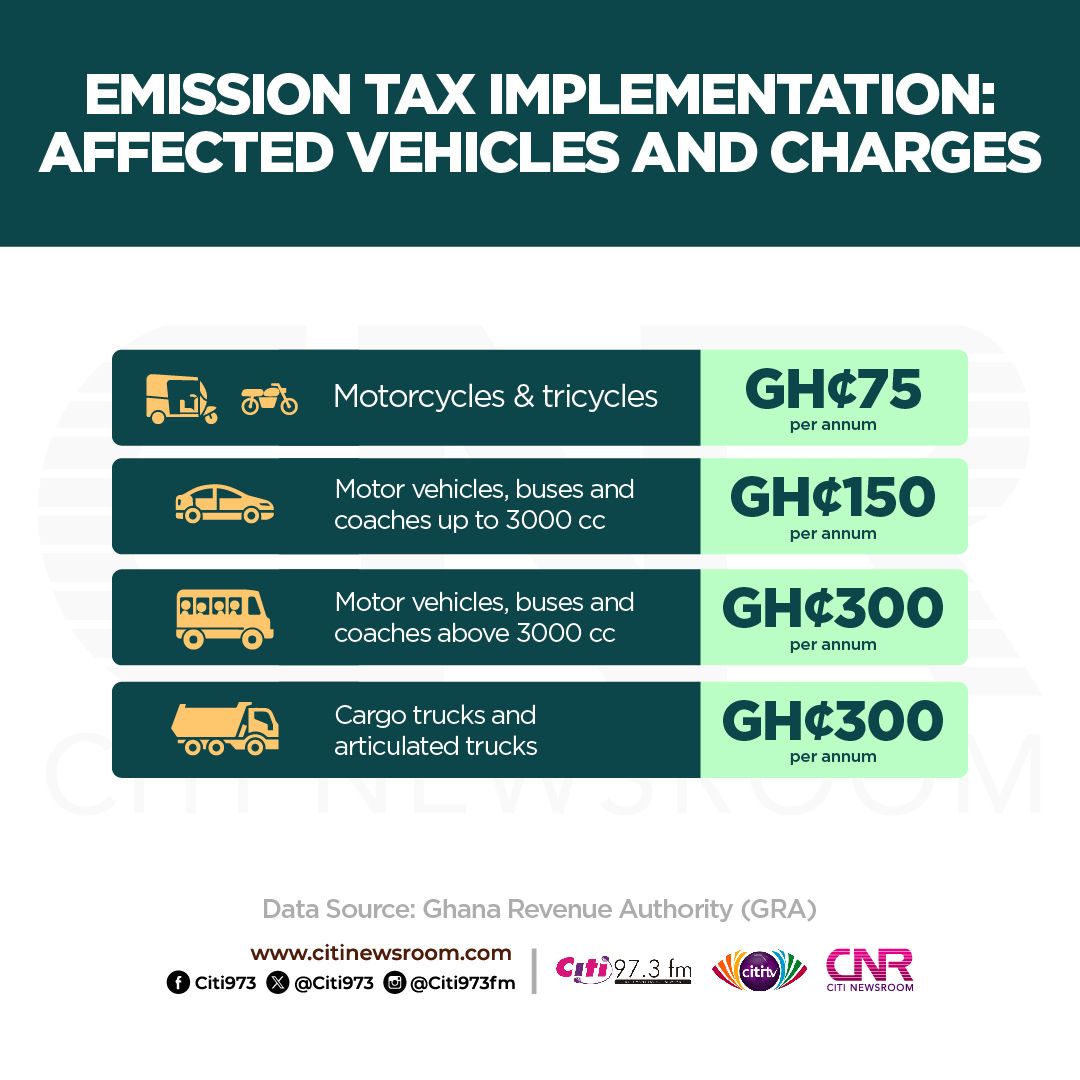
The Governor of the Bank of Ghana (BoG), Dr Johnson Asiama, according to myjoyonline.com, has assured that the country has built the needed buffers to withstand external threats to the economy, particularly from the Iran-Israel war in the Middle East.
According to Dr Asiama, “Ghana’s foreign reserve position, inflation trajectory and fiscal adjustment efforts provide a solid cushion for the country now”. He disclosed this at the Ghana Association of Banks Industry Thought Leadership programme themed, “Banking the Last Mile: An Industry-Led Strategy for Accelerating Digital Finance”
The news outlet further quoted Dr Johnson Asiama as saying that Bank of Ghana was closely monitoring the situation and its potential impact. “I wish to assure the public that Ghana’s macroeconomic buffers are stronger today than they have been in recent years”, he reiterated.
Just a couple of days ago, the Ghana Revenue Authority (GRA) issued a statement to announce to the public about the suspension of the Dumsor-Levy, due apparently to the ongoing Israel-Iran conflict. The new levy was introduced to raise funds to retire debts owed to the Independent Power Producers (IPPs).
These IPPs have always been threatening to shut down their plants if the Government of Ghana does not pay them for the power they have produced and sold to the Electricity Company of Ghana (ECG). Since the government does not have over $2billion to pay these debts, she decided to introduce the new tax to solve the problem.
Though the transport unions, led by the Ghana Private Road Transport Union (GPRTU) had objected to the new tax, with a threat to lay down their tools, they backtracked after meeting officials at the Energy Ministry. Everything, therefore, pointed to the smooth roll out of the tax, only for the GRA to issue a statement suspending the operationalisation of the tax.
Indeed, we used this very column on Monday, June 16, 2025 to commend the government for taking the bold decision to suspend the implementation of the new tax. Our argument was that since crude oil prices had started going up at the international market as a result of the Israel-Iran conflict, the cascading effect on the domestic market cannot be ruled out.
Should the government decide to implement the new tax, local prices of petroleum products might hit the roof and would have eroded whatever economic gains the government had achieved.
The Chronicle is, therefore, surprised with the pronouncement by Dr Johnson Asiama that the country has built the needed buffers to withstand external threats to the economy, particularly from the Iran-Israel war in the Middle East. The big question is: if we have built enough buffers to withstand external shocks, why then did the Ministry of Finance through the GRA decide to suspend the Dumsor-Levy? Clearly if we have built enough buffers to withstand external shocks, that is certainly good news. It tells a story about how the national economy is being properly managed by the current government.
The Chronicle does not, however, want to hear in future that because of the Israel-Iran conflict, our economic indexes have been thrown out of gear. Should this story be told in future, it would have meant that the Governor of Bank of Ghana lied to his fellow Ghanaians.
We are, however, not pessimists – the national economy must flourish to the benefit of all Ghanaians. Our concern is that the statement made by the Governor clearly contradicts the decision taken by the government to suspend the Dumsor-Levy implementation, due to the Middle East conflict.
The post Editorial: Why Did We Suspend Dumsor-Levy If… appeared first on The Ghanaian Chronicle.
Read Full Story



















Facebook
Twitter
Pinterest
Instagram
Google+
YouTube
LinkedIn
RSS